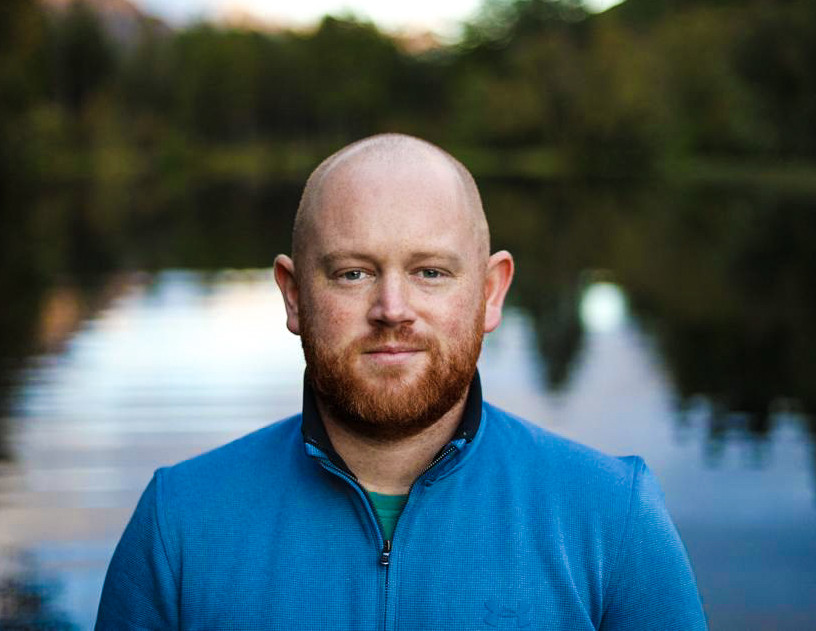Finding your Place in Science

The path to becoming a scientist is littered with decisions and serendipitous events that shape a career. For young scientists it is next to impossible to decide which University, degree, and projects to go for. After all, the choices may feel equally good at times but could influence which position you find yourself in twenty years from now.
Fortunately, many researchers have travelled similar paths before and can tell us about which decisions they made to land their dream jobs. While receiving academic education, however, it is more common to hear the stories of researchers in academia than those in industry. This leads to a warped perception of what the future might hold: after all, 70% of researchers leave academia after finishing their PhD, according to an analysis by the Research on Research Institute. Careers in industry, paradoxically, are therefore the road more travelled but less discussed.
Today we will trace the steps of Eóghan Forde, an outstanding leukemia researcher now working as a Project Manager at Aridhia. During his degree in Biomedical Sciences, Eóghan became interested in cancer through an all-time classic paper in the field: The Hallmarks of Cancer by Hanahan and Weinberg.
Cancer is almost beautifully described. But: it is scary.
His fascination with cancer was further molded during his Masters’ degree: he worked on the role of non-proliferating cells, also called senescent cells, in aging and disease. Combining cancer and senescence with interests in hematopoiesis culminated in his PhD in Precision Medicine in Edinburgh and Glasgow.
Here, he quickly adapted to new challenges – for example, coping with increasing amounts of data from experiments. Biology, like other sciences, has been revolutionized by powerful computers. Additionally, next-generation sequencing has enabled researchers to look at completely new questions and find more robust answers.
Molecular biology is quickly becoming a more quantitative science, being transformed from an observational science into an experimental science and now a data science, pioneering basic scientific research to new heights.
Eóghan recognized and used this challenge as an opportunity to develop new skills in bioinformatics. However, despite learning a lot during his time as a PhD, he struggled with some aspects of it.
Through a number of circumstances, I didn’t exactly have a smooth PhD and so when it came to end, I knew that it was not something I could enjoy going forward. What I did know is that I still wanted to have a positive impact on society and that I could treat the skills I had picked up during my PhD to find a career that supported the field of medicine.
Therefore he began looking for what comes next. Fortunately, the skills he had picked up along the way helped him land his current job as Project Manager. At Aridhia, work has been very different from his PhD, particularly the pace in work: more meetings, well-defined aims with clear deadlines and much larger scale projects are now the norm. However, it remains manageable as a team and is varied, Eóghan says.
Being asked about what tips he would give budding scientists, he mentions that it is important to be honest with yourself about your post-PhD life and to seek out opportunities to learn. And for those looking to enter industry, he recommends finding a company that matches you as much as you match it.
You have to find your right company.
Overall, Eóghan’s experiences show how, by using challenges as moments to develop new skills, new opportunities may open up. In his case, landing him a job in what seems to be his right company.
(Eoghan Forde)



